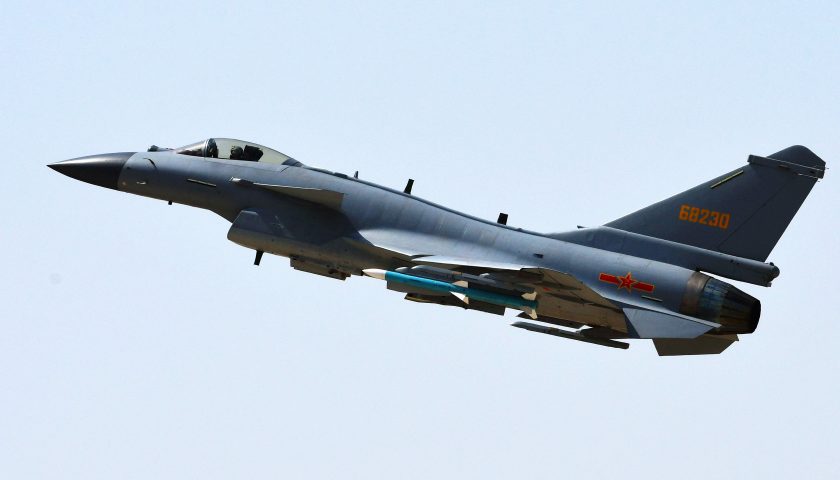For several years, the American authorities have done everything to postpone decisions related to Defense equipment export requests from Taiwan. Indeed, Beijing's discourse with regard to such arms sales to the independent island, but considered secessionist by the Chinese authorities, has continued to be more and more firm over the years. Until recently, the simple threat of economic reprisals was enough to dissuade many of Taipei's former partners from suspending all arms deliveries, particularly from Europeans.
But since Xi Jinping came to power in 2012, Chinese nationalist discourse has become considerably radicalized, whether on the subject of the China Sea or Taiwan, subjects considered by the strong man of the regime as falling exclusively within national sovereignty. When President Trump for his part began a much firmer trade and security policy than his predecessor with regard to China, tensions moved to a higher stage, with, in recent months, the emergence of a risk of conflict more and more seriously by Pentagon officials.
Therefore, arms sales to Taiwan now appear to be a casus belli between Beijing and Washington. Already, two months ago, the sale of Abrams tanks, stingers and TOW missiles, and light equipment worth $2 billion, had angered Beijing, which triggered limited economic sanctions and began major maneuvers in the Taiwan Strait to show its wrath. With the green light given by the US authorities for the acquisition of 66 F16 Block 70 combat aircraft, the most advanced version of the famous American light fighter, for an amount of $8 billion, a new step has been taken in this opposition between the two global economic and military giants.

Equipped with an AN/APG83 AESA radar, very modern avionics and compliant tanks, the F16 Block 70 Viper is a much more efficient aircraft than the F16A and F-CK-1C in service with the French army. Taiwanese look. It will in fact represent a major opponent for the Chinese J10, J11 and J20, even if the J10C and J20 are also equipped with AESA radars. In addition, with the additional fuel carried in the compliant tanks, the F16V will be able to carry out, if necessary, raids against coastal infrastructure and radars on continental soil. In addition, the contract amount of $8 billion suggests the associated delivery of numerous American air-to-air and air-to-ground munitions. We can notably think of JASSM as the latest versions of Sidewinder, AMRAAM, and HARM.
What may appear at first glance to be a provocation from President Trump, in fact stems from a process that has been underway for a long time, the conclusion of which offered the US executive few options. Indeed, on the American side, faced with the rise in military force and Chinese demands, President Obama's repeated retreats to preserve negotiating margins with Beijing can no longer be applied, at the risk of allowing the appearance of a message of weakness on the international scene and towards its key allies in the region, Japan, South Korea, and Australia. On the Chinese side, the nationalist discourse has been amplified to such an extent that the authorities will not be able to remain without a very strong reaction, this weapon delivery having been carried out. In both countries, the governments are now locked in an internal logic offering no other alternative than an increase in tensions, and possibly, the eventual commitment of military action around Taiwan.
For now, Beijing promises major economic retaliation vis-à-vis the United States if the order were to be completed. But these threats have very little chance of bearing fruit with regard to the Trump administration, which remains convinced that it is better for the US economy to drastically reduce its trade with Beijing, for the supposed benefit of its own industry. In addition, the Chinese economy is much more politically dependent on its exports to the United States and the West than the latter are on trade with the Middle Kingdom. On the other hand, the Chinese political system is potentially more vulnerable to a major economic crisis than are Western countries. In fact, it is very unlikely that Chinese retaliatory measures will be limited to economic reprisals, leaving Beijing with little other alternative than resorting to arms, even if limited, in order to demonstrate its power. and his will on the internal and external scene.
In any case, the formalization of this order for 66 F16Vs will probably lead to significant upheavals in the geopolitics of the Indo-Pacific zone.
